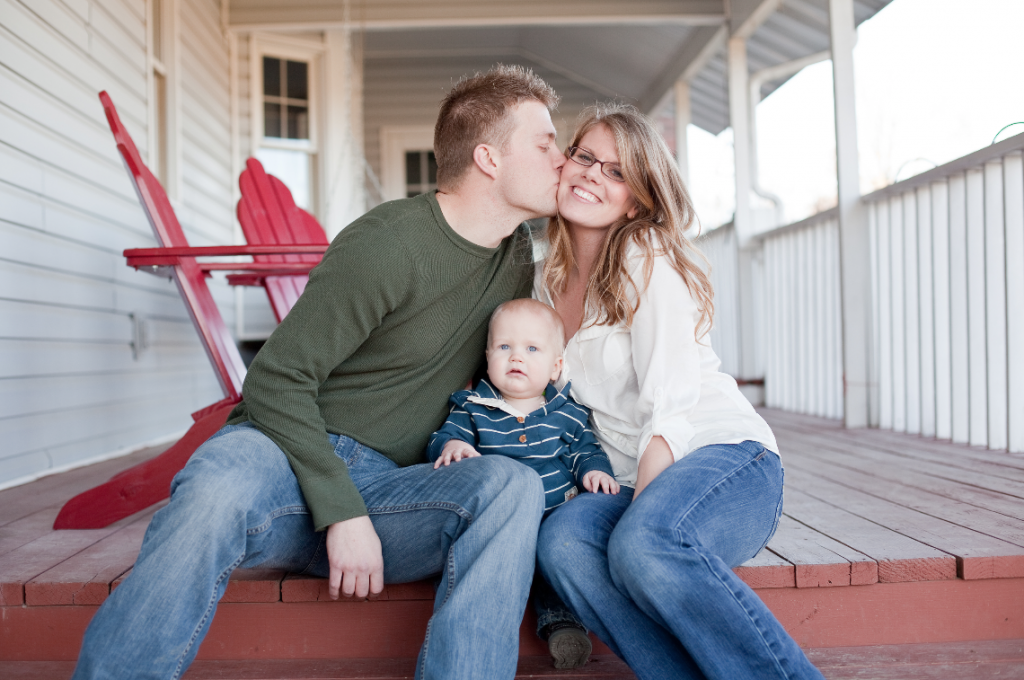In an effort to protect their country, service members make many sacrifices, including leaving their families for long periods of time. As a result, life is not always easy for military families. Husbands and wives miss their spouses and children miss their parents. In addition, military personnel typically move a lot, making it difficult to establish roots in a community.
The local military family in your neighborhood, community, or extended family has made the choice to proudly serve their country and may appear to be doing fine. Appearances aside, support from their extended family, friends, and neighbors is critical to keeping military families strong. There are many ways, both big and small, to show them their local community is behind them
Lori Miklos of Rapid City has lived this life and says her best advice for civilians is to “not wait for the military spouse to ASK for help—they most likely won’t! Ask to do something specific for them.”


Here are four examples of specific ways you can help a military family:
Make a military family part of your family.
If a neighbor’s spouse is deployed, invite them over for dinner once a week and include them in your holiday celebrations. Lori experienced this kindness. “The first time my husband was deployed after 9/11, my friend Tonya would have us over every Tuesday night for supper. It was so nice not to have to cook. My boys and I really looked forward to those nights.”
Offer to babysit.
Those whose spouse is deployed often find it difficult to get out of the house, and like the rest of us, can use a break for a little while. For example, when Lori’s husband was deployed again a few years later, their church youth director took the kids to lunch and a movie. “It was wonderful to have some free time for myself on a Saturday afternoon.”
Provide a helping hand around the house.
Just as the Miklos’ neighbor sought out a lawn guy and paid him to mow their lawn during the deployment, you can provide a helping hand. Lori still doesn’t know which neighbor it was, the lawn guy was just told to tell them, “thank you for your service.”
Encourage your children to befriend a military child.
Oftentimes friends are made and cliques are formed before the child from a military family enters a new school or neighborhood. Kate Hoffmeyer, a local military mom, suggests you encourage your kids to include these new kids. Kate says, “some parents may worry over letting their children get close to a child who may move away. However, these bonds can become quite tight with sincere promises to stay in touch and maintain friendships.” She says this goes for adult friends, too!
If someone has come to mind while reading this article—we encourage you to show up and lend them a helping hand today.
Did you know?
1.9 Million
Children, ranging in ages from newborn to 18 years old, are military children—1.3 million of whom are school-aged.
765,000
Military children have Active Duty parents—225,000 of them have a parent who is currently deployed.
73,000
Active Duty personnel are single parents—and 40,000 Active Duty are dual military parents.
1.1 Million
The number of military parents who have been deployed to a war zone since 2001.
6-9
On average, is the number of school systems military-connected children attend by 12th grade.
Stats source: ourmilitary.mil

